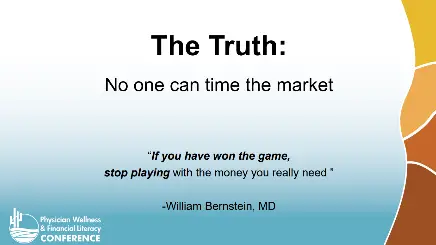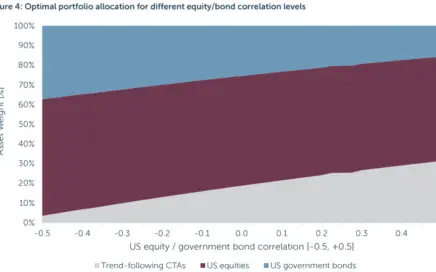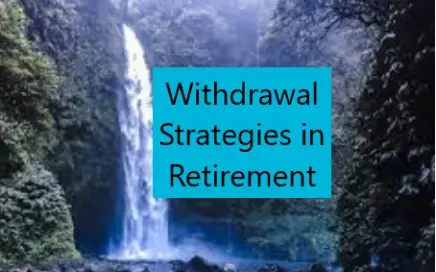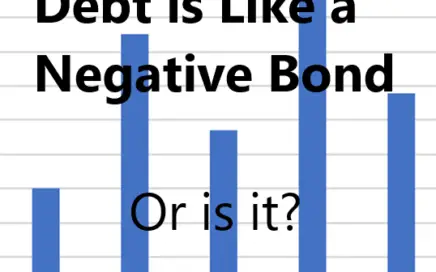
If You Have Won the Game Quit Playing with Money You Really Need
If You Have Won the Game Quit Playing with Money You Really Need A smart doctor once said, “When you’ve won the game, quit playing.” I convinced him to add “with the money you need,” but that is a long […]







